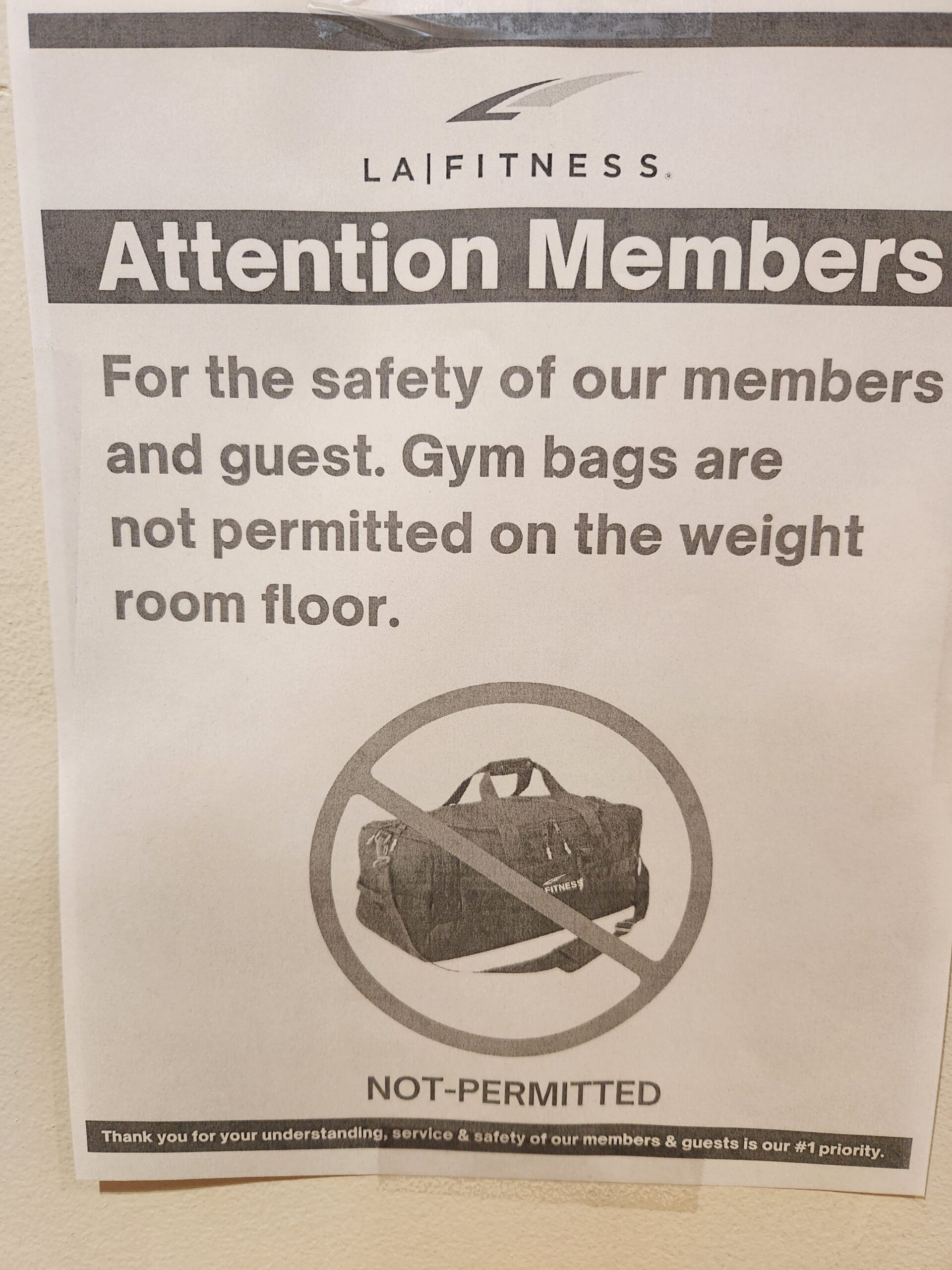
When I try to make sense of a big new topic, usually I ask myself, What’s the taxonomy? What’s a sensible way to divide the pie? That’s what I did with the sources of uncertain meaning in contract language.
A Manual of Style for Contract Drafting contains my most up-to-date take on that taxonomy, but this 2016 article covers the essentials. In it, you’ll see I take the liberty of distinguishing from ambiguity a kind of uncertainty that differs from ambiguity as a matter of degree. I use for that kind of uncertainty the label “not being sufficiently specific.” (I could just as easily have easily described that uncertainty as a kind of ambiguity, but there are already enough different kinds of ambiguity.) Here’s what MSCD says:
If a word or phrase in a contract turns out to have been too general, the parties might end up fighting over which more specific meaning had been intended.
For example, a dispute over alimony involved the meaning of the phrase on a full-time basis. See In re C.P.Y., 364 S.W.3d 411 (Tex. App. 2012). The husband had to pay the wife alimony until, among other events, she returned to work “on a full-time basis.” The wife got work as a contract lawyer, so the husband sought an order declaring that he no longer had to pay alimony. The court held that the phrase “full-time basis” is ambiguous, but it would be more accurate to say it was insufficiently specific, because it can be uncertain in several respects what on a full-time basis means. How many hours a day and days per week must you work for work to be full-time? How long must that level of work be maintained? Must someone be an employee to work full-time, or can you be a consultant? Does volunteer work count?
I take the opportunity to revisit this because of a simple photocopied notice that in January was prominently posted throughout the gym where I’m a member—a branch of LA Fitness that’s a 20-minute walk from my Long Island home. My photo of that notice is at the top of this post.
Why is it relevant? Because the first thing I thought when I saw that notice was, What’s a gym bag?
A gym bag might be any bag that someone brings to a gym. The notice says that LA Fitness is concerned about “the safety of our members and guest[s].” It doesn’t say in what manner safety is implicated. Is the concern that a bag could be used to hide a gun or a knife? The notice doesn’t say. But the size of the bag featured in the notice could be understood as suggesting that LA Fitness is concerned about bigger bags, and that perhaps LA Fitness is worried about members tripping over gym bags. On the other hand, perhaps it used the photo of a typical gym bag without wishing to suggest that its concern was limited to just that kind of bag.
A more specific version of my question was, Is my bag a gym bag? It’s a The North Face 10L Mini Borealis Laptop Backpack. I carry it with me as I do my workout. As the name suggests, it’s pretty small (8.65″D x 8.65″W x 13.5″H). In case parts of the cable equipment have broken or been ripped off, I carry in my bag two carabiner clips and two handles. It also contains sunglasses, a roll of toilet paper (to blow my nose, if you must know), some gym wipes, and a 12-ounce water bottle.
For me to argue whether my bag is a gym bag, I’d have to make some assumptions regarding what the gym is concerned about. I’d be comfortable making those assumptions. Let’s just say that if the gym didn’t want me to bring my bag with me when working out, it should have prohibited all bags, not just gym bags. But that would seem to be overinclusive. You could specify dimensions, but that would get fiddly. How about prohibiting bags that present a tripping hazard, leaving it to gym management to decide what to enforce? Anyway, you get the idea.
My gym-bag question reminded me of U.S. Supreme Court cases on the meaning of the word vehicle. For example, there’s McBoyle v. United States, 283 U.S. 25 (1931), regarding whether theft of an airplane was illegal under federal law, given that the law only criminalized theft of a “vehicle.”
The first step to controlling uncertainty in contract language is to understand the kind of uncertainty involved. So keep in mind that one source of uncertainty is not being sufficiently specific.
Incidentally, I posted on LinkedIn (here) my photo of the notice. One of the more entertaining comments focused on “not permitted on the weight room floor”: William Love said “you can bring your gym bag into the weight room, you can’t put it on the floor.” That involves a different kind of ambiguity, lexical ambiguity. Does “weight room floor” refer to an area, like “factory floor”? Or does it refer to the surface one walks on? Ah, lawyers!

The gym is concerned about people dealing drugs (anabolic steroids and other PEDs) in the gym. It’s not concerned about clutter on the floor (otherwise, they’d also ban the bane of gym goers’ existence–tripods and other influencer filming rigs). In this context, a “gym bag” is “any bag large enough to deal drugs out of.”
Interesting!